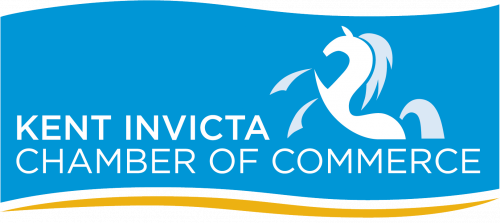Academy Schools Sliding Towards Deficit, Finds Kreston Reeves Annual Academies Benchmark
The 12th annual Kreston UK Academies Benchmark Report published today has revealed a marked increase in the number of academies dipping into their reserves to keep up with the significant cost increases that have hit the sector.
Trusts running in-year deficits – where they are spending more than their allocated revenue for that year – has more than doubled since 2021, jumping from 19% in 2021 to 47% for the financial year ending in 2023.
Although staffing costs have remained static across the sector non-staffing costs have seen an increase of 16% per pupil. Energy costs have contributed significantly to this rise, with average heat and light costs per pupil increasing by a minimum 49% against the previous year.
Despite this somewhat bleak picture, the sector has faired far better than many predicted.
Peter Manser, Partner and Head of Academies and Education at accountants and business adviser Kreston Reeves said: “Trusts have been extremely effective in controlling costs in light of financial uncertainty, managing staff expenditure and putting off large capital projects so the reality is a little more positive than we were expecting. Unplanned income streams from government have also kept the wolves from the door and ensured many avoided slipping into deficit.”
The two key additional components of income that were awarded were the Mainstream Schools Additional Grant (MSAG) and the Schools Supplementary Grant (SSG). This provided an income of about £60,000 for an average primary school and over £200,000 for an average secondary school based on the Kreston UK Academies Group data.
The sector received £447 million of Energy Efficiency Grants which also gave a much-needed boost to the financial results in many cases.
Kimberley Foulkes, a Manager in the Academies and Education team at Kreston Reeves adds: “Without this funding, almost all trusts would have made in-year deficits.”
Ongoing uncertainty around funding has impacted heavily on the sector in the 2022/23 financial period with many trusts reporting that they have been unable to make decisions around investment.
Kimberley adds: “Trusts don’t know what additional income streams they will receive from one year to the next. Will they receive more money to cover energy costs? How much will be offered to cover pay review and pension contributions?
“This typically results in the trusts basing their future income on current income streams. Consequently, it is very common to see a trust feeling confident about their current budget but predicting a significant in-year deficit in year 2 or 3 in their plans.
“This all leads to a sense of impending financial doom in the sector with the result that any decisions around investment are fraught with risk. It is very common for example, to see important decisions around large capital projects being kicked down the road because of this uncertainty.
“Trusts are also looking at the longer-term financial options for future stability including possible staff restructures, trust mergers and further forecasting and analysis of birth rates.”
Published annually by Kreston UK academies group, a network of accounting firms, the report is a financial state of the nation survey of 279 trusts representing more than 2,300 schools. The survey covers the 2022/23 academic year.
A full Kreston UK Academies Benchmark Report is available here.


